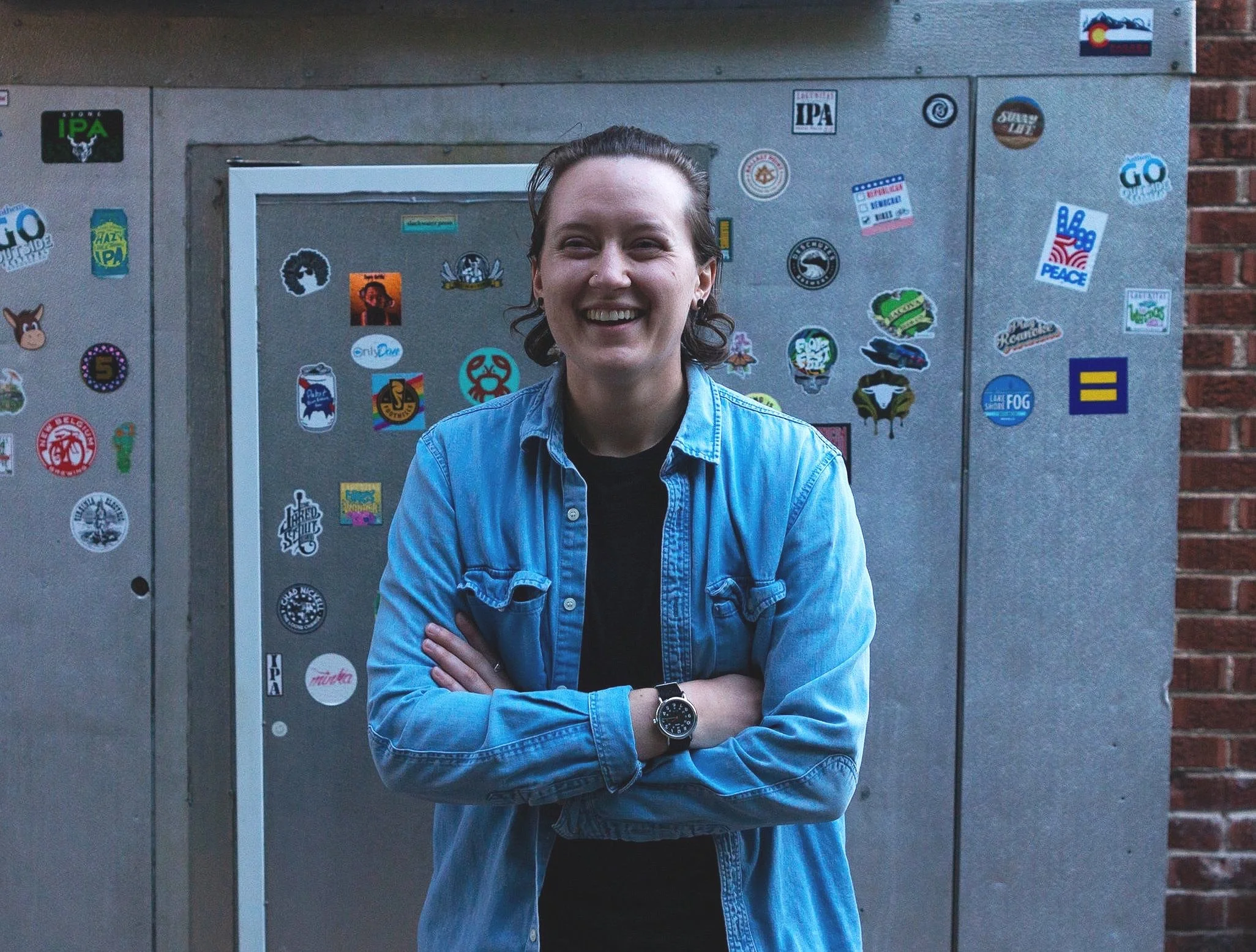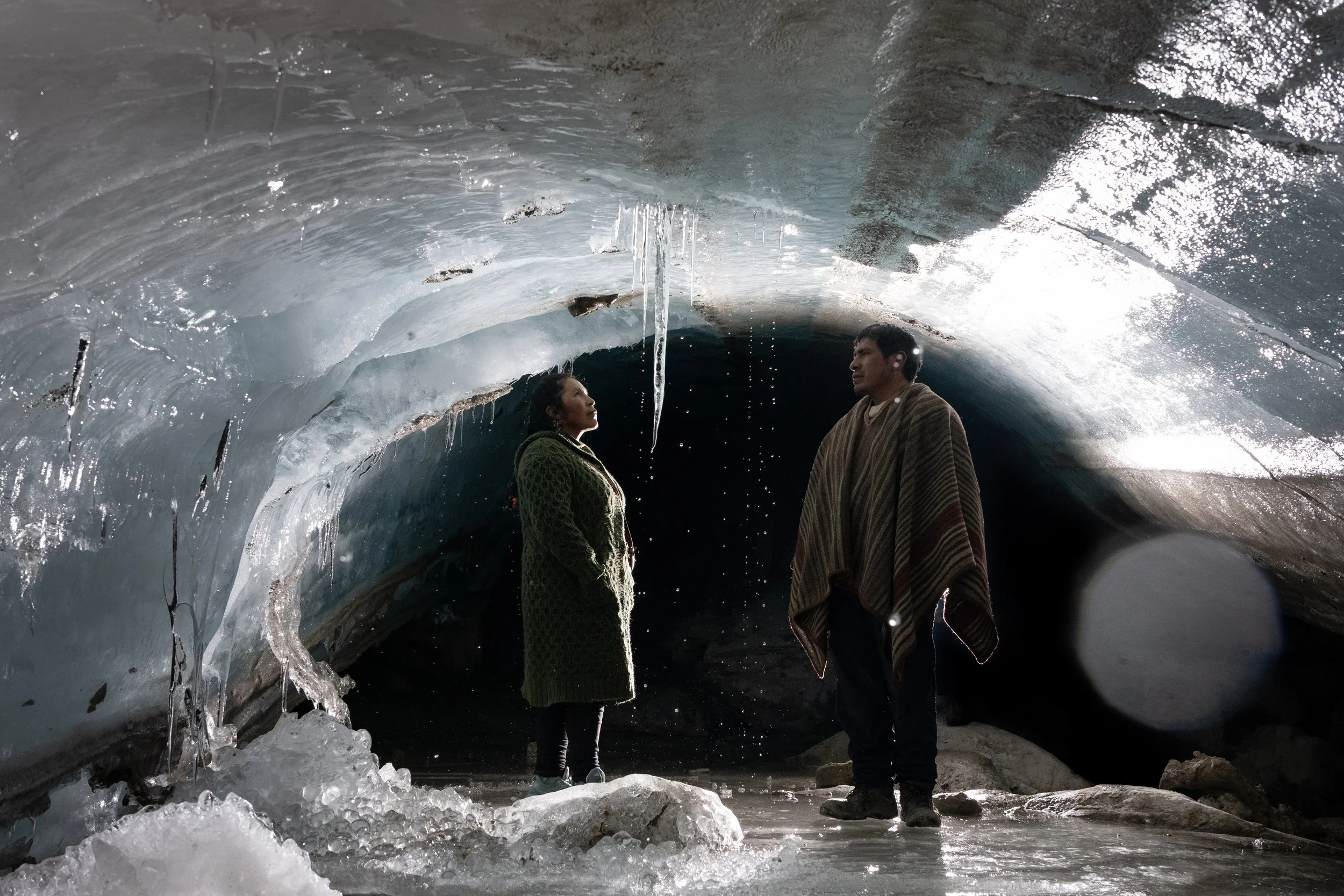Approximately 476 million Indigenous people live in 90 different countries around the globe, representing 5,000 diverse cultures and speaking the majority of the world's 7,000 languages. While they make up less than 5% of the total human population, they protect 80% of the world's biodiversity by managing over 25% of land and water surface. Throughout history, they have sought recognition of their identities, ways of life, and rights to traditional lands and natural resources for years. Yet their rights have been (and continue to be) violated.
These violations stem from colonialism and its global impact on language, cultural beliefs, religion and economic systems. Under colonial rule, Indigenous people have been forcibly denied the right to speak their languages, practice cultural rites and rituals, and protect their sacred lands—despite the appropriation of their cultures for the enjoyment of settlers and tourists. Yet throughout the centuries, Indigenous communities have continually risen up to reclaim their teachings, language, cultures, practices, and rightful places as knowledge keepers, water defenders and land protectors in order to achieve decolonization.
Images by @mikegraeme @sortome.photography & @colinsmithtakespics
Colonialism is still happening right now—just look to Palestine, Israel, Russia, and North America to see how much work is needed to achieve global decolonization. Most people think of decolonization as the removal of occupying forces, which is not the case. The long-term global decolonization process spans a wide realm of external (land, borders and demilitarization) and internalized factors. Collectively, Indigenous people are on the frontlines. To understand the current landscape of decolonization, Photographers Without Borders Founder Danielle Da Silva sat down with Nikki Sanchez to discuss the basics of this complex issue, and share its impact on mainstream media and ethical storytelling.
Nikki is a Pipil/Maya and Irish Scottish academic, an Indigenous media maker and environmental educator in the Nuu-chah-nulth territory of Clayoquot Sound. She holds a Master’s degree in Indigenous Governance and is currently completing her Ph.D. with a research focus on emerging visual media technology as it relates to Indigenous ontology. She produced the 8-part documentary VICELAND series "RISE" to shed light on the global Indigenous resurgence, was the media director for the Indigenous youth for Wet'suwet'en during the Shutdown Canada Movement, and gave the TEDx talk entitled "Decolonization is for Everyone."
To raise awareness on International Day of the World's Indigenous Peoples, we're sharing Nikki's lessons on decolonization and why it's essential to understand as a storyteller.
What is decolonization?
In the simplest terms, decolonization is when a colony controlled by another country becomes independent. The process requires non-Indigenous people to acknowledge the world's colonial history and recognize how it led to the paralyzation of Indigenous communities. Decolonization is "global in its essence because prior to colonization, every Indigenous nation existed without Imperial borders. And every continent of the world has Indigenous people," says Nikki.
Even today, nearly 2 million people live under colonial rule in the 17 remaining non-self-governing territories. Which is why decolonization asks non-Indigenous people, institutions, governmental bodies and organizations to create safe and supportive spaces for Indigenous people to reclaim what was taken from them.
Images by @mikegraeme @sortome.photography & @colinsmithtakespics
One recent attempt at reclamation was the Truth and Reconciliation Commission of Canada summary, which shed light on the harsh realities experienced by Indigenous people in government-run residential schools. Officially run from 1883 to 1996, the schools mandatorily stole children away from their families in an attempt to assimilate them into the Euro-Canadian culture. The conditions were appalling, with a 50% mortality rate. "Tests of starvation and the effects of electric chairs were actually tested on small children as young as five. So they were basically prisoner of war camps for children. Those who did survive often came out with immense amounts of trauma, having endured both physical and sexual abuse," explains Nikki.
"If you look at history, this story – and many others like it – are a result of colonization and the removal of rights from Indigenous people. A shift in consciousness about the need for continued decolonization is happening, but we still need structural change."
There is no simple solution to amending nearly centuries of genocide, extractivism, and stealing land and culture. But some Indigenous communities have had the time to cope and exist within their communities. Now, they're standing in solidarity with one another to reclaim their basic human rights and combat the long-term effects of colonization.
Images by @mikegraeme @sortome.photography & @colinsmithtakespics
Why is decolonization necessary for ethical storytelling?
"Right now, decolonization is a phenomenon that's happening around the world – from Australia to Hawaii, to the Philippines to Standing Rock to Wet'suwet'en. It's a crucial time in human history," says Nikki.
She explains how the COVID-19 pandemic has pushed us to a point where we can't even gather together because we're infectious to one another. "What does that tell us about the systems we're participating in? They're the result of global capitalism and colonialism, which has robbed not just Indigenous people, but all of humanity, of their birthright."
Changing these systems takes time and recognition of colonial realities. During the Shutdown Canada Movement, for example, the Canadian media pushed propaganda and refused to tell a multifaceted account of the story. Instead, they used language like "anti-pipeline" to shift the narrative and pit Indigenous people against the Canadian economy.
That's why it's important for storytellers to include both the historical context of the story and diverse perspectives within it. This requires you to accept your history, learn where you came from and acknowledge whose land you're living on. "We all come from somewhere. A lot of us have forgotten where we've come from and forgotten the teachings of our ancestors. When you start to unpack your personal history and the history of decolonization, regardless of what part of the world you're living in or you come from, there's a rich story that can teach you about who you are, as well as your points of power and accountability. Unpacking that allows you to move forward towards greater social equity and environmental sustainability," says Nikki.
"There's no shame in your history, but there are instructions about how to enact justice and how to begin to create a future that doesn't look like the violence and theft and genocide that we've inherited."
Images by @mikegraeme @sortome.photography & @colinsmithtakespics
How can you become part of the decolonizing process?
The first step is considering your privilege before covering a story. A major factor of white supremacy is extractivism and an inherent entitlement to travel, to visit, to experience, to ask questions and to intrude.
Nikki explains, "When you add a camera and a title, you put privilege on steroids. So unpack your privilege around where you're going and what you'll bring to that place. What will you be leaving that place? What will you be taking from that place, and do you have permission to take it?"
Images by @mikegraeme @sortome.photography & @colinsmithtakespics
Part of this process is only covering a story if you have an existing connection with the community and are invited by them. If you receive an invitation, follow the community protocols and find out how leaders at the frontlines want their story to be framed. Ask permission before making photographs, and think critically about the language you use. Something as simple as asking people which pronouns they prefer and acknowledging members of the 2SLGBTQ+ communities is essential for decolonized, ethical storytelling.
An international media maker, Nikki shared how many reporters operate under assumptions that reinforce white supremacy, racism and heteronormativity. Personally, she has turned down interviews with biased media outlets and demanded that Indigenous youth be framed as land protectors instead of anti-pipeline protestors. "Think about the power dynamic that happens if you're dealing with an oppressed community. As the press, as a storyteller, you have an immense amount of power over them," says Nikki.
As you begin to decolonize your storytelling, keep in mind this final piece of advice: "We can't meet aggression with aggression. We can't meet resistance with resistance. We have to find our way singularly, and then collectively, into the practice of Kapu Aloha. Tap into a source of love so when we're in moments of adversity, we can transcend outside of a binary of violence or oppression and transcend into a state of higher being."
To learn more about the importance of decolonization from Nikki Sanchez and access all of the Storytelling for Change webinars, join our community by becoming a PWB Member.

















